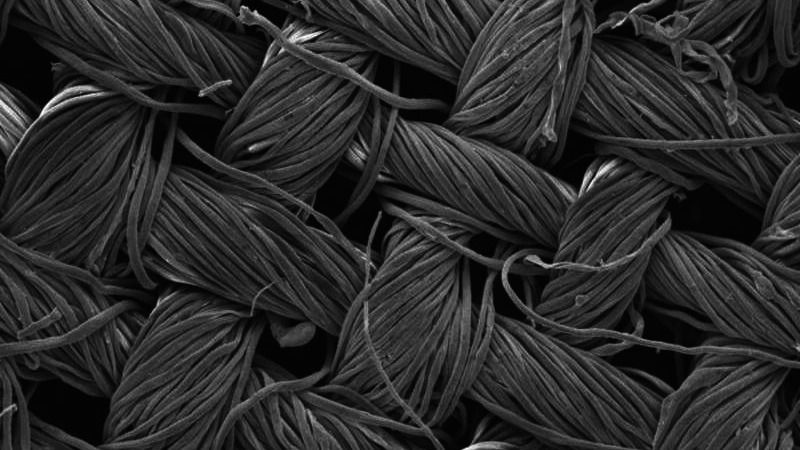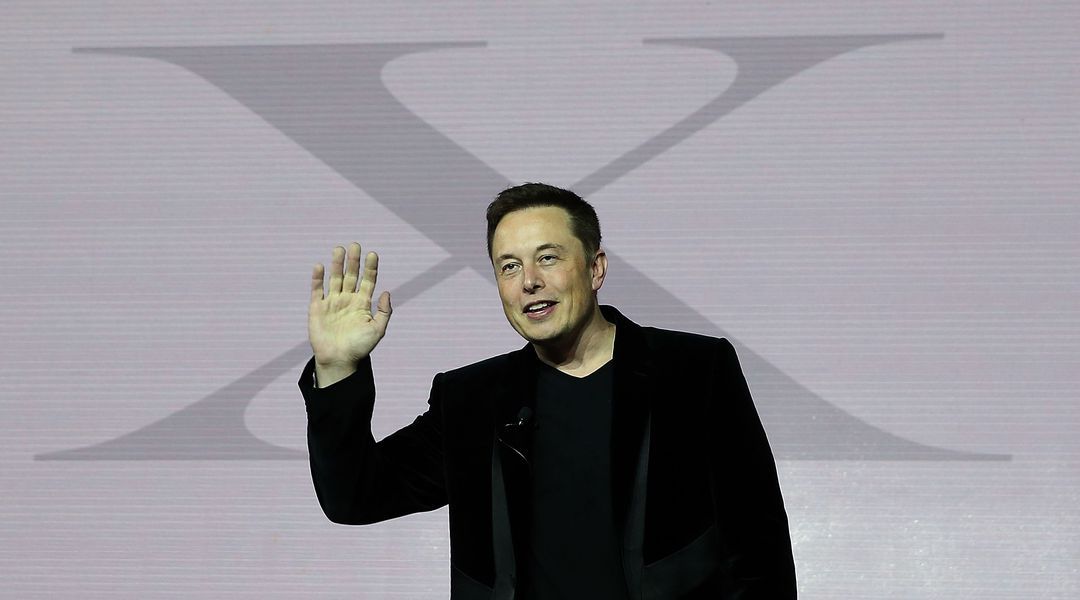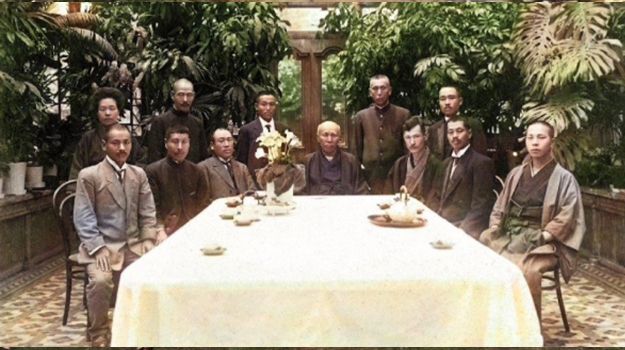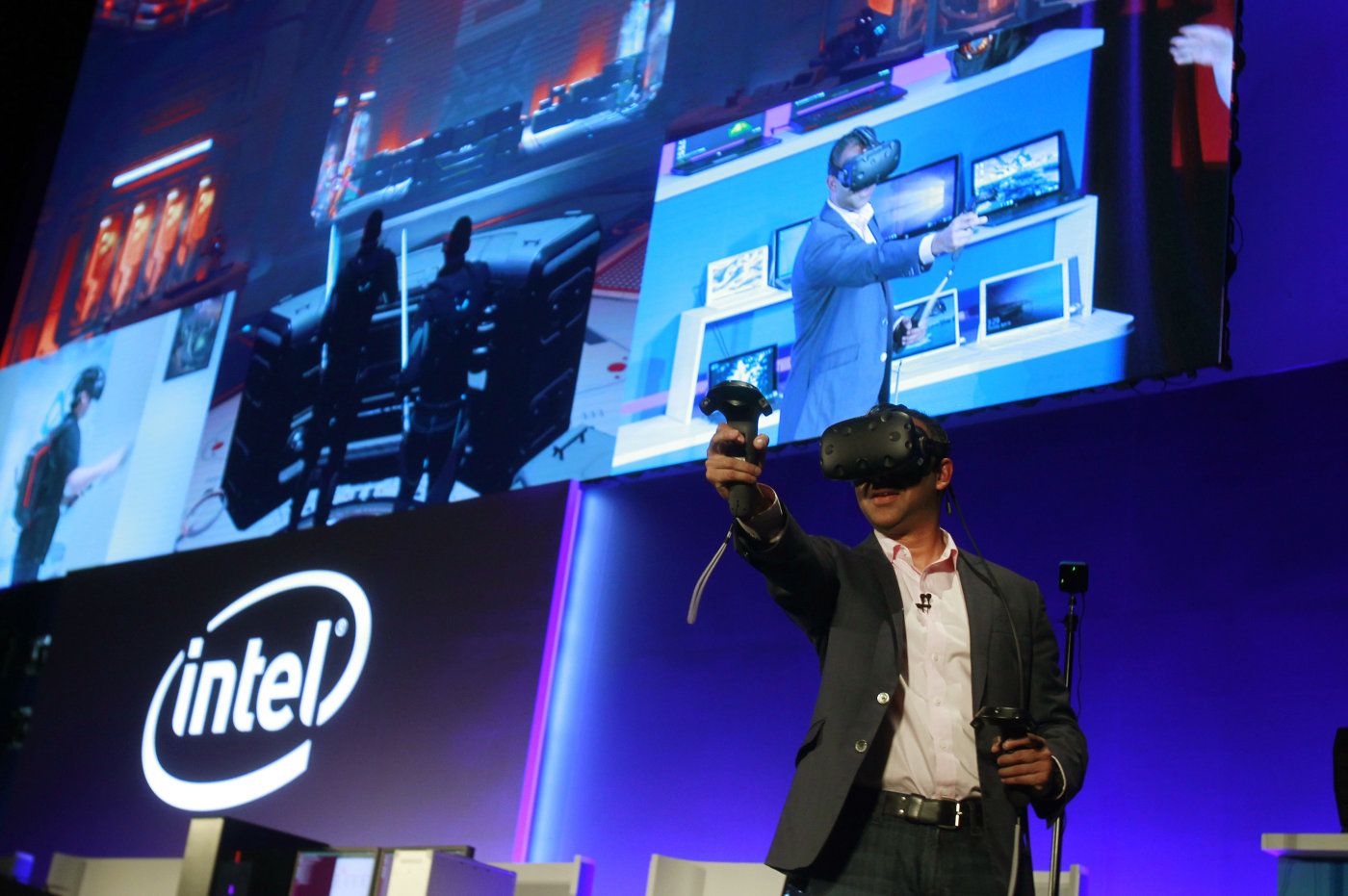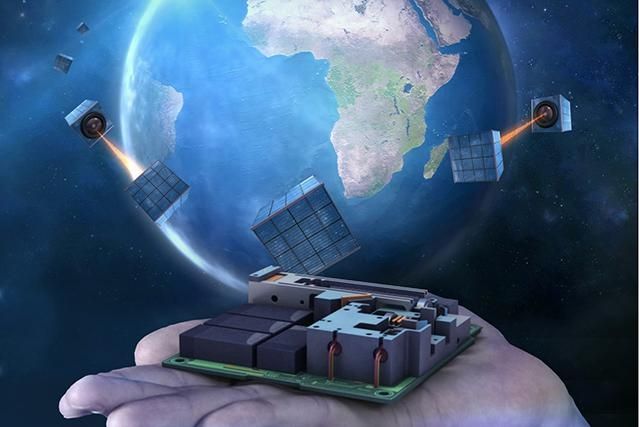
Y Combinator, a seed accelerator and startup incubator, plans to inaugurate a short-term “universal basic income” experiment in Oakland, California; it’s a first step toward a larger, projected five-year study of the guaranteed cost-of-living salary.
There’s been a lot of talk lately about “basic income”—the notion of a guaranteed financial disbursement to every human being simply for being alive.
It’s an idea that has garnered a great deal of support in certain circles, for obvious reasons (free money); however, many see it as the natural progression of society…as the only viable way of dealing with issues like increased automation, poverty, etc. Indeed, many see in a universal basic income (UBI) an instrument of liberty, and an effective tool for combating the threats of social unrest, economic dislocation, and various other forms of civil strife that are often the corollaries of unemployment.
Continue reading “Universal Basic Income Hits the U.S—Citizens Will Get Paid Just For Being Born” »

